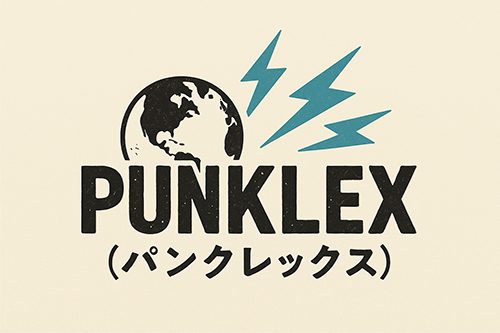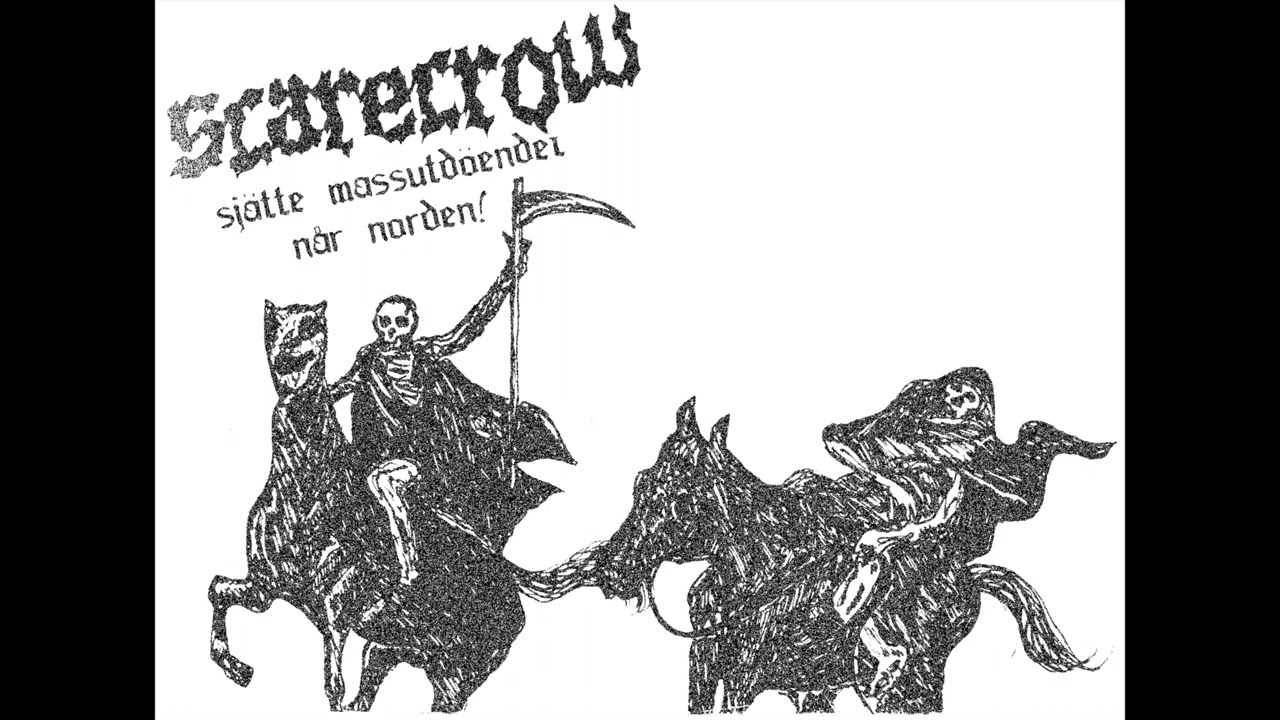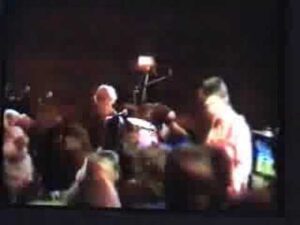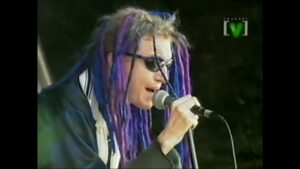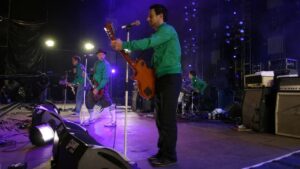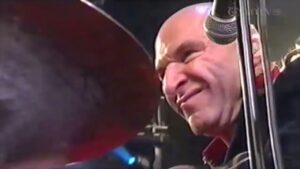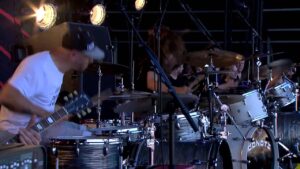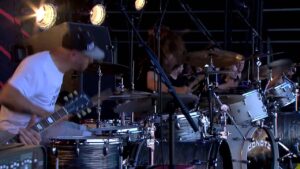Formation & Members
Scarecrow (スケアクロウ), a pioneering force in the punk and hardcore scene, emerged from the bustling streets of Tokyo in the mid-1980s. The band was formed by four high school friends who shared a mutual passion for the raw, unfiltered sound of punk rock. The original lineup consisted of lead vocalist and lyricist Kenji Nakamura, guitarist Hiroshi Tanaka, bassist Yuki Sato, and drummer Takashi Ito. Each member brought a unique influence to the band, drawing from both Western and Japanese musical traditions, which would soon become a hallmark of Scarecrow’s distinctive sound.
Kenji Nakamura’s charismatic stage presence and poignant lyrics quickly made him the face of the band, while Hiroshi Tanaka’s frenetic guitar work provided a powerful backdrop. Yuki Sato’s bass lines were both melodic and driving, anchoring the band’s sound with precision, and Takashi Ito’s explosive drumming provided the kinetic energy that propelled Scarecrow’s music forward.
Musical Style & Characteristics
Scarecrow’s musical style is a potent blend of punk rock and hardcore, characterized by fast tempos, aggressive guitar riffs, and emotionally charged lyrics. Their sound is often described as a bridge between traditional punk rock’s rebellious spirit and the heavier, more intense energy of hardcore music. The band’s songs are known for their brevity and impact, often clocking in at just under two minutes but packing a powerful punch.
Lyrically, Scarecrow addresses themes of social disillusionment, personal struggle, and the search for identity, resonating deeply with their audience. Kenji Nakamura’s lyrics are both introspective and confrontational, reflecting the band’s commitment to authenticity and emotional honesty. Musically, Scarecrow’s compositions are marked by Hiroshi Tanaka’s searing guitar solos, Yuki Sato’s intricate bass lines, and Takashi Ito’s relentless drumming, creating a soundscape that is both chaotic and cohesive.
Key Works & Discography
Scarecrow’s discography is a testament to their evolution as a band and their enduring influence on the punk and hardcore scenes. Their debut album, “Roar of the Streets,” released in 1988, was a raw, unpolished collection of tracks that captured the urgency and energy of their live performances. The album quickly gained a cult following and established Scarecrow as a formidable presence in the Japanese punk scene.
Their sophomore release, “Echoes of a Broken World” (1990), saw the band experimenting with more complex arrangements and deeper lyrical themes. This album is often cited as a pivotal moment in their career, showcasing their growth as musicians and songwriters. Other notable works include “Shattered Dreams” (1993) and “Rebel’s Anthem” (1996), both of which further cemented their reputation as pioneers of the genre.
In addition to their studio albums, Scarecrow released several EPs and live recordings that captured the raw energy of their performances. These releases, such as “Live at Shinjuku Loft” and “Underground Uprising,” offer fans an unfiltered glimpse into the band’s dynamic live shows and have become essential listening for any Scarecrow aficionado.
Influence on Other Bands/Scenes
Scarecrow’s influence extends far beyond their native Japan, impacting punk and hardcore bands worldwide. Their unique blend of Western punk influences and Japanese cultural elements has inspired countless musicians to explore new sonic territories. Bands such as Melt-Banana, Envy, and Boris have cited Scarecrow as a significant influence on their music, praising their ability to fuse intensity with melody.
In the Japanese scene, Scarecrow is often credited with helping to solidify the punk and hardcore movements during the late 1980s and early 1990s. Their willingness to address social and political issues in their music inspired a new generation of artists to use their platforms for activism and change. Scarecrow’s impact can also be seen in the DIY ethos that permeates the Japanese punk scene, encouraging artists to take control of their creative output and build communities around their music.
Breakups or Reunions
Like many bands that burn brightly, Scarecrow faced internal tensions and external pressures that led to their initial breakup in 1998. Creative differences and the rigors of constant touring took their toll on the members, ultimately leading them to part ways. The announcement was met with disappointment from their dedicated fan base, though the legacy of their music continued to thrive in the underground scene.
In 2008, ten years after their breakup, Scarecrow surprised fans by announcing a reunion tour to celebrate the band’s 20th anniversary. The tour was a resounding success, with sold-out shows across Japan and a renewed interest in their music. This reunion also led to the release of “Resurgence” (2009), an album that showcased the band’s evolution while staying true to their roots.
Current Reputation & Legacy
Today, Scarecrow is revered as one of the most influential bands in the Japanese punk and hardcore scenes. Their music continues to resonate with new generations of fans, and their influence can be heard in the works of contemporary punk and hardcore bands worldwide. Scarecrow’s commitment to authenticity, both in their music and their message, has solidified their place in the annals of punk history.
Critics and fans alike praise their ability to push the boundaries of the genre while maintaining a sense of accessibility and relatability. Scarecrow’s legacy is not only found in their music but also in their impact on the cultural and social landscape of their time, inspiring artists and activists to challenge the status quo and pursue their creative visions.
Conclusion
Scarecrow’s journey from a group of high school friends to pioneers of the punk and hardcore scenes is a testament to their passion and dedication to their craft. Their music, characterized by its raw energy and emotional intensity, continues to inspire and influence artists across the globe. Scarecrow’s legacy is defined not only by their groundbreaking sound and powerful lyrics but also by their enduring impact on the cultural fabric of their time.
As new generations discover the power and authenticity of Scarecrow’s music, the band’s influence will undoubtedly continue to be felt, ensuring their place in the pantheon of punk and hardcore legends. Whether through their studio recordings or electrifying live performances, Scarecrow remains a beacon of inspiration for those who seek to challenge conventions and push the boundaries of musical expression.
